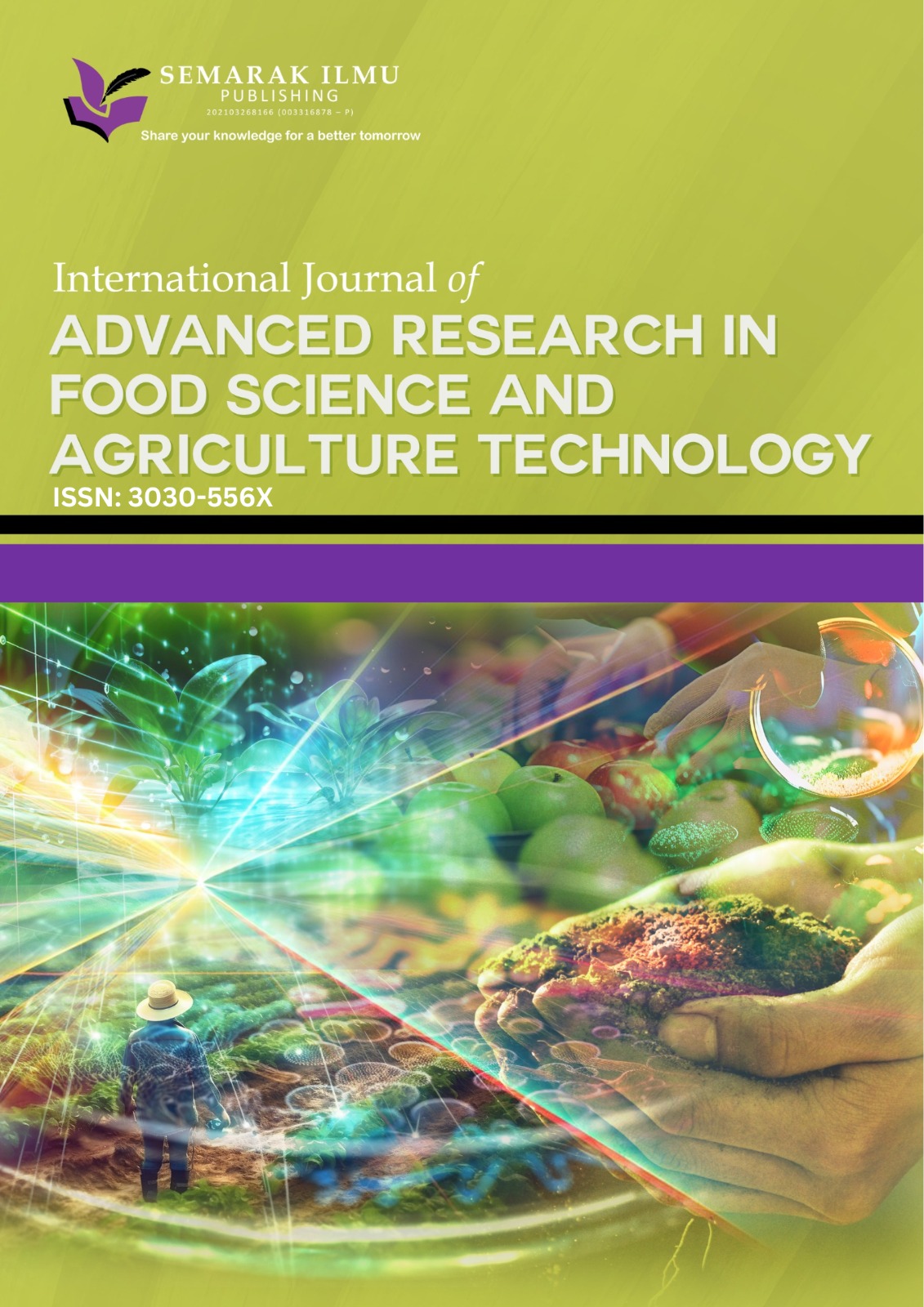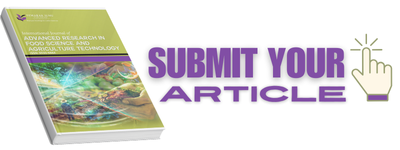Agrotechnology Students’ Acceptance on Agriculture Drones Spraying as Practical Tool in Class using the Knowledge, Attitude and Practice (KAP) Model
DOI:
https://doi.org/10.37934/fsat.1.1.3144Keywords:
Agriculture student, mechanization, drone spraying, KAP model, future workforceAbstract
Agriculture drones are currently becoming a major mechanization for the agricultural industry. Drones have been specifically utilized to improve agricultural activities and hence require a specific skill set to operate effectively and efficiently in the field. Therefore, the future workforce in the agriculture industry is required to learn and accept this new technology. Nonetheless, integrating drone technology into the classroom presents obstacles for students and lecturers as well. Therefore, gaining a deeper comprehension of the numerous facets of drone technology integration in higher education, especially courses related to agrotechnology programs is critical. This quantitative survey used the Knowledge, Attitude, and Practice (KAP) paradigm to investigate agrotechnology students' acceptance of agriculture drones while reducing ambiguity using statistical analysis SPSS 26.0 and employed both descriptive and inferential analysis techniques. The KAP model was employed in a recent survey to ascertain the student's perspective regarding drones within their practical class. In order to gain a deeper understanding of students' knowledge, attitudes, and risk perceptions regarding agriculture drone applications, a closed-ended structured survey was designed. The survey was disseminated to selected University Malaysia Kelantan students specifically further study in agrotechnology and intensive training on handling and practical skill-set of agriculture drone spraying was provided to them. The response from the survey obtained showed that students had a good level of knowledge about the application of agriculture drones (mean score of 4.43), attitude toward the drone application (mean score of 4.56) and practice level of the students showed a mean score of 4.57. The findings from the study revealed that the practical lesson involving agriculture drone spraying had a positive benefit on the agrotechnology student’s skills for their future career endeavor.










